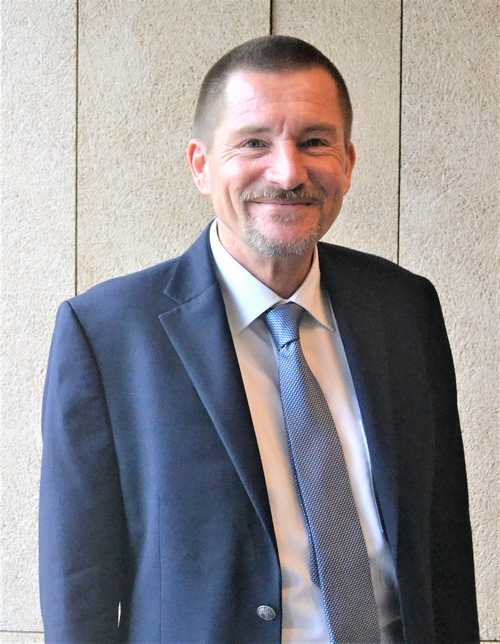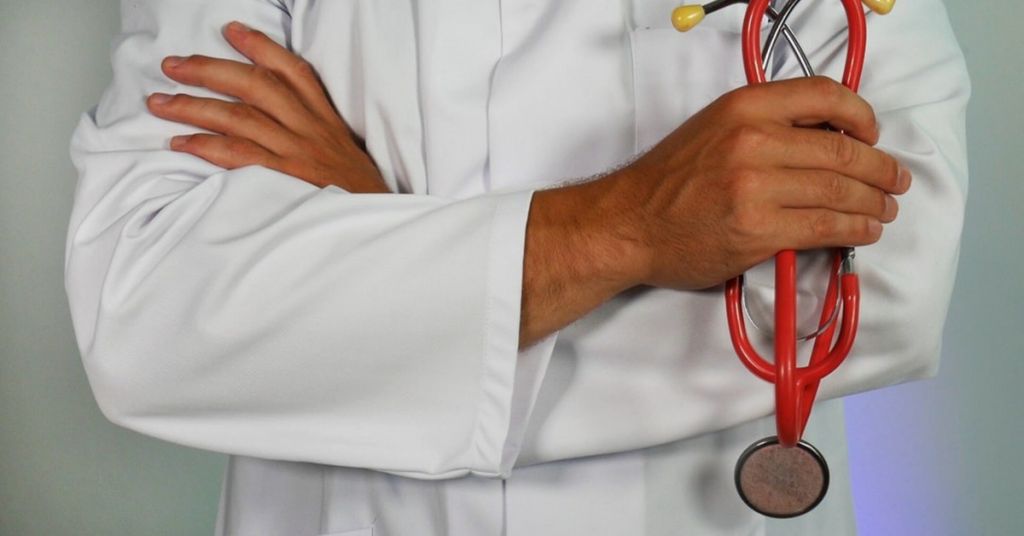
Dr Thomas Schreitmueller, Global Head of Regulatory Policy Group from Roche Global
The expiration of patent protection for many established biological or originator medicines has led to the development and approval of biosimilars (medicines that are highly similar to original products) in many countries around the world.
As Malaysia will soon have access to oncology biosimilar medicines, Dr Thomas Schreitmueller, Global Head of Regulatory Policy Group from Roche Global was recently in Kuala Lumpur to speak to the media about the difference between biological and biosimilar medicines. “As one of the leading pharmaceutical companies that develop and produce oncology originator medicines, Roche sees its responsibility to educate stakeholders in countries that will soon have access to oncology biosimilars,” said Dr Schreitmueller.
According to Dr Schreitmueller, biosimilar medicines are still new in some countries. The US Food and Drugs Administration (FDA) for instance, has approved fourteen biosimilars in the last three years. “There is a need for stakeholders like patients, healthcare practitioners and organisations to be educated on the importance of following guidelines of biosimilar medicines usage vigilantly so as to ensure Malaysian patients’ safety,” he said.
“The difference between biologics and biosimilars is that the latter are not exact copies of originator medicines. They are similar but not identical in efficacy and safety profiles.
“The difference stems from the fact that biologics are produced by genetically modified living cells while biosimilars are produced with a different cell line to be similar, but not identical copies. Much like a pair of identical twins, they may have the same genes, but their fingerprints or DNA are different. Both are manufactured differently; and tested and evaluated differently,” he added.
DDrSchreitmueller also pointed out, “Biologics and biosimilars are not interchangeable in Malaysia. For instance, cancer treatments may require a long course of medication and if a patient has started treatment with biological medicine, he or she should not simply switch to a biosimilar medicine and vice versa. If, for example, a patient has developed an immune response to the biosimilar drug after a switch and the drug does not work anymore, this immune response may also neutralise the originator product. So there is no point switching back to the originator product. In effect, the switch between the two types of medicines may jeopardise the patient’s chance of cure,” he explained.
If a patient has developed an immune response to the biosimilar drug after a switch and the drug does not work anymore, this immune response may also neutralise the originator product. So there is no point switching back to the originator product.
From the business perspective, Dr Schreitmueller said Roche welcomes the competition from biosimilars, but stressed the importance for regulators and practitioners to follow the usage guidelines. He said, “Roche established biological medicines will continue to play an important role in treating patients despite the competition. Our originator products have long-term clinical and real-world data demonstrating their consistent safety, efficacy and quality. This provides reassurance and certainty around the value of these treatments for patients”.
“Our core business strategy is – and will remain – focused on developing innovative treatments that address the unmet clinical needs of patients. We believe that these innovations will compensate for the loss of revenue from our heritage biologics portfolio over the coming years,” he added.
“As more biosimilars obtain approvals and are made available to patients, we would like to see pharmacovigilance (PV) in practice,” said Dr. Schreitmueller. PV is the monitoring of drug safety, the science of collection, detection, assessment, monitoring, and reduction of adverse effects with pharmaceutical products. This is particularly important for biosimilars as there is limited safety data available at approval due to the abbreviated licensure pathway as well as the fact that many of the indications of the originator are given to the biosimilar product by extrapolation e.g. based on the assumption that the biosimilar will have a similar safety and efficacy profile as the originator product. Stringent PV can help detect potential differences in safety signals between biosimilars and their reference products.
Roche has invested about 10 billion Swiss Franc for research and development (R&D) and new innovations which will compensate for the loss of revenue from our heritage biologics portfolio over the coming years.
“Biosimilars have an important role to play in supporting the financial sustainability of healthcare systems, but are only one of many ways to improve access to current standards of care for patients across the world,” he said.
Currently, Roche is leading the industry with more than 70 new molecular entities of investigational medicines and cancer immunotherapies in the pipeline.
Lance Duan, General Manager of Roche Malaysia highlighted the role of media in educating patients in Malaysia and empowering them to make informed decisions on medicines and treatment options. “We are committed to keep educating the media on the latest medical topics that affect Malaysia, such as today’s session on the difference of biosimilars. The media plays an important role in generating public awareness about biologics and biosimilars, so that patients can ask the necessary questions and discuss with their doctors effectively on medicine and treatment options. We will be conducting more of such educational sessions going forward,” he said.
















